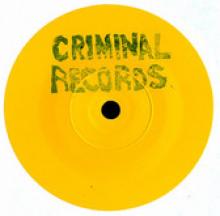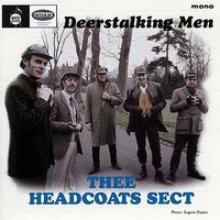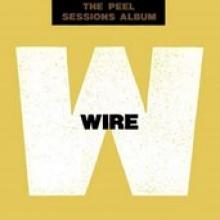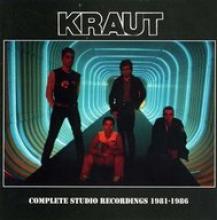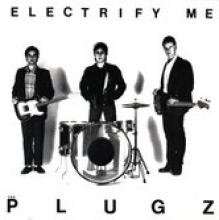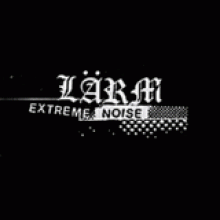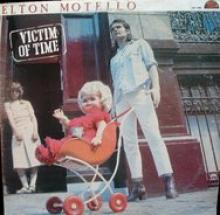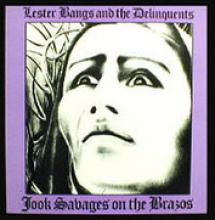Made in South Bay: Hardcore You Probably Don't Know
01 - Genetic Damage: Badge Means You Suck
Like the song a few down about hippies, cops sucking is a pretty time tested punk trope. This particular take on it kinda stinks, though. The production disallows from really understanding what's going on. Exacerbating that problem, the guitar solos that get dropped in here a few times are pretty horrendous. Laugh worthy.
02 - Artistic Decline: Reality or Dream
These guys were actually a Los Angeles based group - it seems - and their track is probably the most melodic and well constructed outta everything here. They actually managed to release a seven inch, but the following planned full length never came to fruition for whatever reason. The track that the band contributes here is pretty pop oriented in comparison to the other stuff represented on Made in South Bay. The vocal harmonies - that's a pretty liberal use of the term - easily recalls the Descendants.
03 - Ill Will: New Job
These guys cop the Black Flag guitar sound to good affect. Even if the track isn't to your liking, hearing the way in which Greg Ginn's style had been disseminated is pretty interesting. Apart from that particular aspect of the song, though, it's kinda forgettable. This, as opposed to the compilation opener, though, has more than a modicum of musicality to it.
04 - Western Waste: Trapped Inside
Thrash? I guess so. Again, not being able to hear what's going on here is a detriment. But as far as mid '80s ridiculously paced punk goes, these forty six seconds are dang good.
05 - Bedlam: Lies
This is what 7 Seconds would have sounded like in '82 if they had shitty amps. The band works different breakdowns into a frenzy pretty well as the singer occasionally unleashes a high pitched Henry Rollins impression.
06 - Unknown Society: You Hippy
The sentiment expressed here isn't original, to say the least. But living in the Bay Area, there's surely an enormous population of do gooders with long hair, patchouli scented necks and compost heaps. That doesn't mean that they all stink, but when you're a teenage punker, they can be troublesome.
If you read the comments over at MRR, it seems as if there's some question as to the legitimacy of the disc. I suppose that's a genuine concern, and there certainly have been instances of bootleggers working on the sly to make a few bucks. But these tracks, some of 'em at least, sound as if they were cut during the '80s. Of course that doesn't mean anything. But regardless of all of that, the tracks that do work here are good no matter the year. Download and enjoy.
